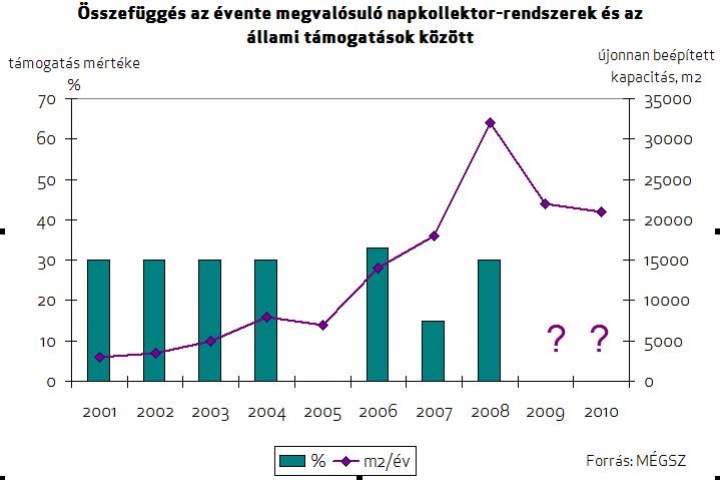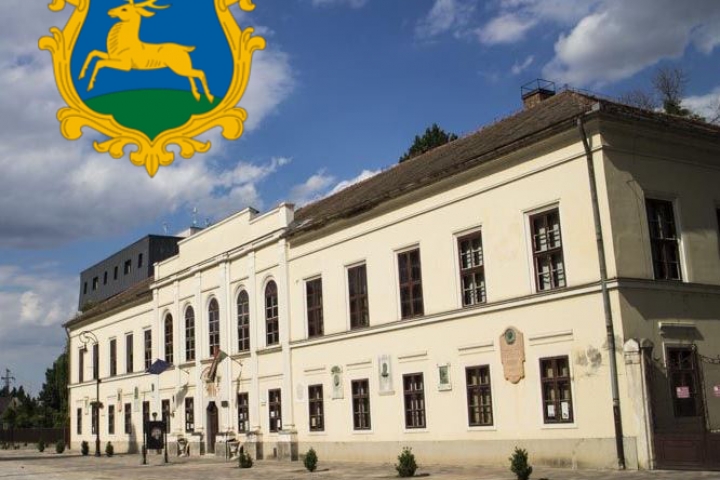Renewable energy potential in residential buildings
The Negajoule2020 research project carried out by Energiaklub has mapped the energy efficiency potential of Hungary’s residential buildings by March 2011. The present analysis aims at measuring the renewable energy potential in Hungarian residential buildings.
Energy efficiency is the first step to reducing and making energy consumption more sustainable. Accordingly, the present research explores the renewable energy investment that could be realized in residential buildings which have already been made more energy efficient through building structure and heating system modernizations.
Our results show that, in total, 20.66 PJ of primary energy could be saved every year in the residential buildings included in the research. In other words, almost 2% of the total annual primary energy consumption of Hungary could be saved by using renewable technologies. Results indicate that renewable technologies could potentially generate about 60% of the final energy use of the present residential building stock, which would amount to an annual energy consumption of 93.44 PJ.
Economic calculations reveal that under the current circumstances, not all renewable investments are profitable, thus the use of renewable technologies is not expected to spread significantly without some sort of state incentive. However, according to our data, there is a significant number of households interested in renewable investments.





